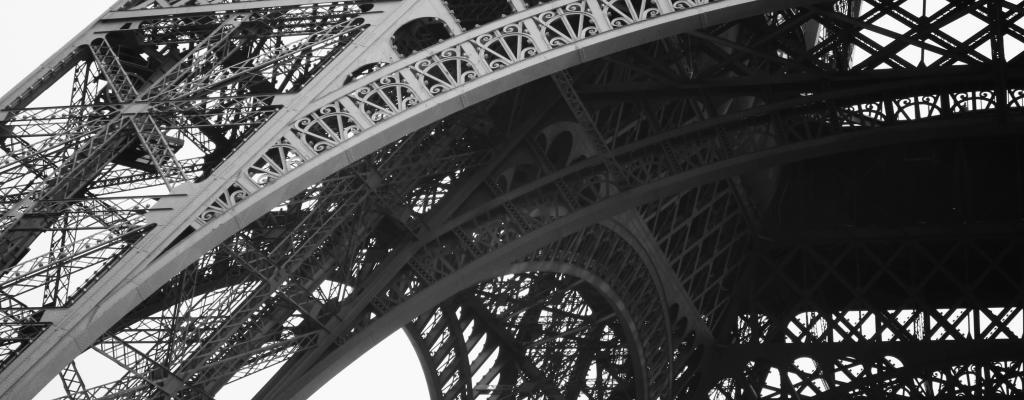
How Wholeness and Health Fit Together
We’ve all seen the classic picture. The tourist who goes to Paris and sees the Eiffel Tower through a camera lens. Who hurriedly photographs every detail from every conceivable angle, but never stops to take a step back, look around and calmly absorb the whole.
We’ve all laughed at the picture. “Those tourists…”
But wait a moment.
Are we in fact starting to become tourists in our own lives? More and more people go around with a camera or phone ready to capture that happy laugh at the family dinner or the peaceful sunset. When a child or grandchild takes their first steps a shriek cuts through the house as if it was a matter of life or death: “Get the camera out — fast!”

All those moments are of course wonderful to preserve. But sometimes it’s almost as if we ruin the experience by focusing so intensely on capturing it. Before we’ve picked up the camera the child has already fallen over. The laughter at the family dinner has died out and frozen into a pasted-on smile. And the atmosphere of a sunset can never really be captured in a picture – no matter how many megapixels our new camera has. The risk of holding onto the experience too hard is that we only capture the details and that the wholeness of it slips out of our hands.
This is reflected in medicine. Various details of health are measured with a never-ending stream of blood tests. There is a plethora of medications, each of which targets one little detail. There are more and more specialties for us doctors. But who sees the whole picture?

Wholeness and health are connected. Not just in the origin of the words but in a practical sense.
Wholeness is about reaching the deepest foundation of existence. Studies show that there seems to be a deep human need for being part of a greater whole.1,2 Otherwise we risk feeling split, frayed, stressed. Achieving health is to a large degree about making whole what is divided and strained.
The details are important, but if we don’t see them as a whole it will be hard to achieve real health.
